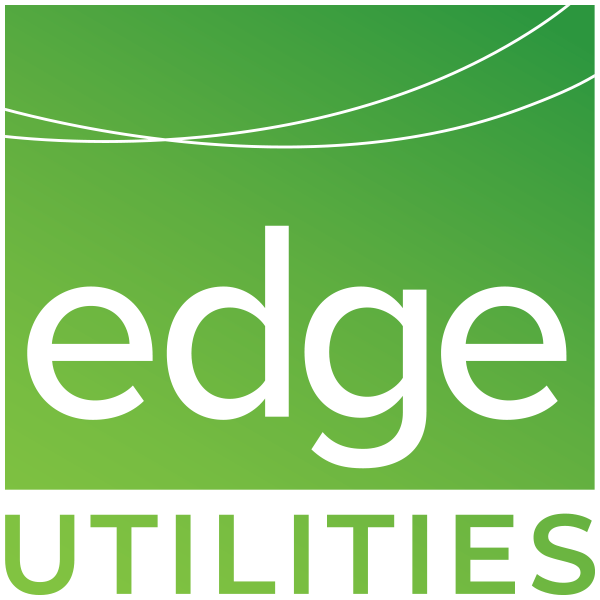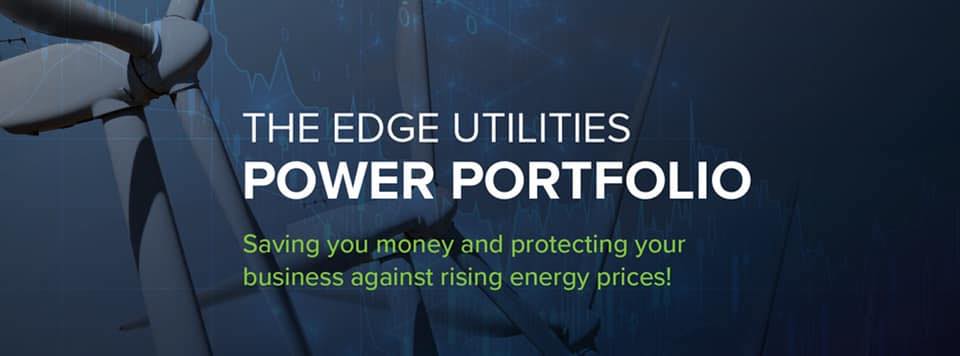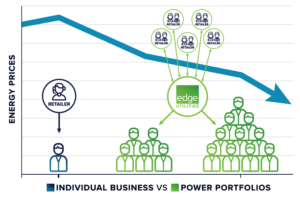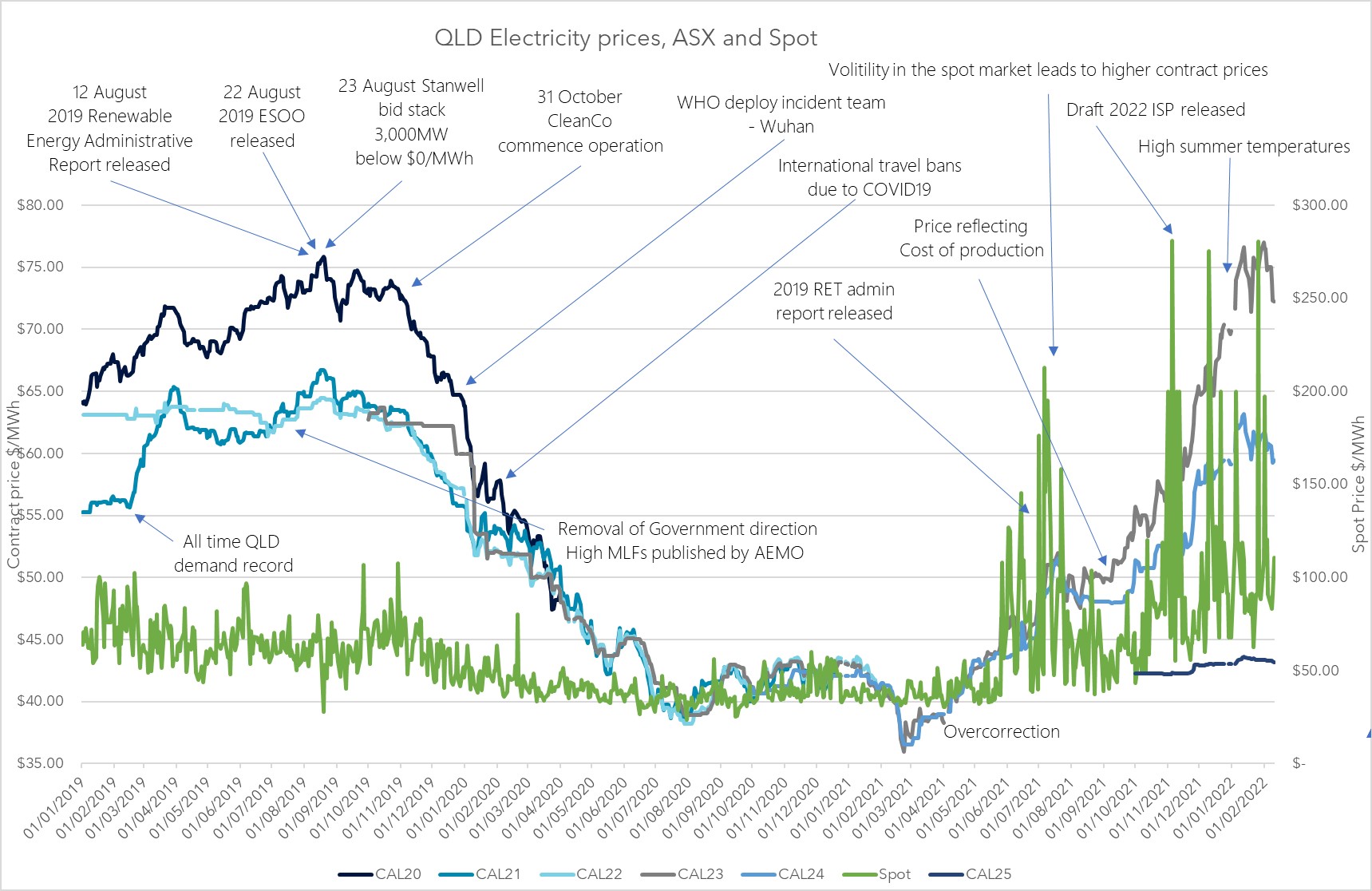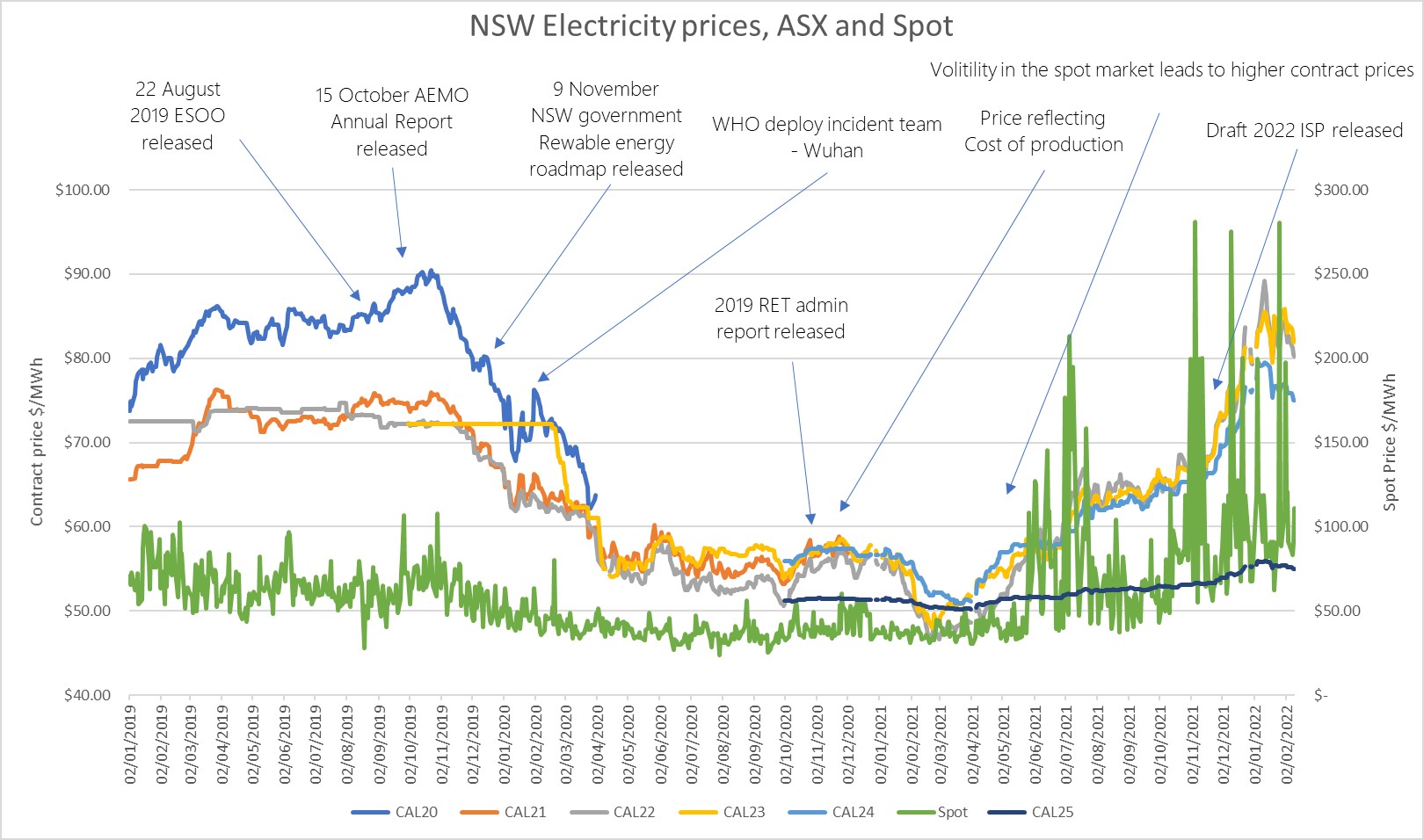- Do you use a re-usable bag when you shop?
- Do you recycle at home and work?
- Do you conserve water where you can?
- Do you turn off you lights when they aren’t being used?
- Do you try and avoid single use plastics?
These are choices we all naturally make every day, and all contribute towards a healthier planet. So, why would you not incorporate this concept into your business behaviour?
Of course, it is more complex for a business, especially larger energy users such as hotels, supermarkets, manufacturers, data centres, cold storage warehouses etc. where large amounts of energy are required, but that doesn’t mean it has to be avoided.
Here we have tried to pull back the curtain and show you how Edge Utilities can easily assist in helping your company achieve their climate goals. This will not only allow you to future-proof your organisation but assist in ensuring your employees to feel like they work for a purpose driven company.
Now, if you investigate net-zero and what it means, a minefield opens
Do you include Scope 1? (direct emissions from company activity) and Scope 2 emissions? (indirect emissions from the power you purchase to use). Scope 3 is an option. What is a scope 3 emission? It’s indirect emmissions that occur in your value chain, but are not controlled by you.
What are your company’s abilities to be green? Would you like a project linked – Power Purchasing Agreement (PPA) or Carbon Offsetting? Does Green Power suit you more than a solar panel?
Corporate Emission Reduction Transparency (CERT)
With the Government’s Corporate Emission Reduction Transparency (CERT) report asking companies to describe how they will set and meet their targets, the UN are placing more pressure on companies to set and meet ambitious targets. Stakeholders and customers are increasingly demanding a green pledge from companies they use. So, the time to act is now, but where do you start?
It doesn’t have to be this hard!
Let’s start at the beginning
What is Net Zero? Well don’t panic it isn’t eliminating all emissions. We are not trying to be moved back to cave men with stone tools and no internet (Hear the hooray from all 14 year-olds!).
Net Zero’s aim is to ensure any human-produced Carbon Dioxide (and other gasses such as Methane) are removed from the atmosphere, either by technological advances, reducing emissions or planting trees (they are pretty good at taking the CO2 out of the air and replacing it with oxygen, and I think we can all agree oxygen is a pretty handy gas to have about!)
So, what do you do as a company to get there?
Well first you define your emissions and boundaries. Not to put words in your mouth but with NGERs (National Greenhouse and Energy Reporting Scheme) reporting the answer for most companies we be “Well to Gate”(WtG)*. It also means you have your Scope 1, 2 and 3 emissions all easily accessible.
If you don’t have an NGERs report, you can set your own by using something like the WWF Ecological Footprint calculator. Alternatively, you can ask a Carbon Neutrality advisor such as Edge with an in-house Climate Active© Registered Consultant to define your carbon footprint.
So now you know your emissions to reduce. The big question then is, which is where we can end up in a quagmire: How green is your green?
Carbon credits
Some companies are happy to carbon offset their emissions using certificates bought from the wider market or a specific project. This can be through projects right here in Australia which create Australian Carbon Credit Units (ACCU’s) or abroad through other schemes. If you are offsetting 100 per cent of all your Greenhouse Gasses as a company, you can advertise you are 100% Carbon Neutral and have achieved Net Zero.
These certificates can usually only (currently) be bought on the open market for the current year. Therefore, Edge can assist in pairing you with a project and certificates for the length of your commitment.
What if this doesn’t sound like you though – What if you want your scope 2, or electricity usage, to come from another source, not be classified as carbon neutral . What if you wish for up to 100% of your electricity usage to be renewable green, using renewable electricity. You will still meet your ‘net zero’ target but you are classifying your electricity slightly differently.
Renewable Green
Well, have you ever driven past an Ikea or Bunning’s and seen the Solar on the roof? Some of these solar panel’s feed into the Governments GreenPower scheme where you can buy electricity which has come from a government accredited GreenPower source. If more than 10% of your electricity is from GreenPower you can utilise the GreenPower logo and marketing materials for your business to meet your social licence marketing materials.
Certificates aren’t your only option, however.
We can explore options to help your company offset its emissions by purchasing renewable energy credits or by investing in a wind or solar farm. One approach is to buy enough offtake from a renewable generator to ensure that all your company’s emissions are covered.
By doing this, your company can demonstrate its commitment to reducing its carbon footprint. This can be a positive message as it shows that your company is taking concrete steps towards a more sustainable future. Imagine your CEO on a press release next to a Solar Panel – ok not that glamorous – but effective!
Wind and Solar are often touted as the main sources of green renewable electricity, but we have a vast number of options here in Australia, including Hydropower from both rivers and dams as well as an increasing number of Battery projects, Victoria is leading the way with 48% of current battery capacity but the rest of the east coast is hot on its heels, and Victoria will not hold this share for long.
Green generation
A final option is to install your own generation and use this for some of your usage. It can also be used for you to show you are physically investing in your company’s net zero pledge.
However, you want to get there, whichever green shade suits your business, we can help.
Edge will review your business’ requirements; all we need from you is a yes and we can help define the rest and paint your business with the right shade of green for you.
It really isn’t that hard. Pull back the curtain and join us. https://edgeutilities.com.au/edge-utilities-power-portfolio/ or contact Laura on 1800 334 336.
* Well-to-Gate (WtG) is a term used in the life cycle assessment (LCA) of a product or service to describe the environmental impacts associated with the production process up to the point where the product or service leaves the factory gate or production site.
